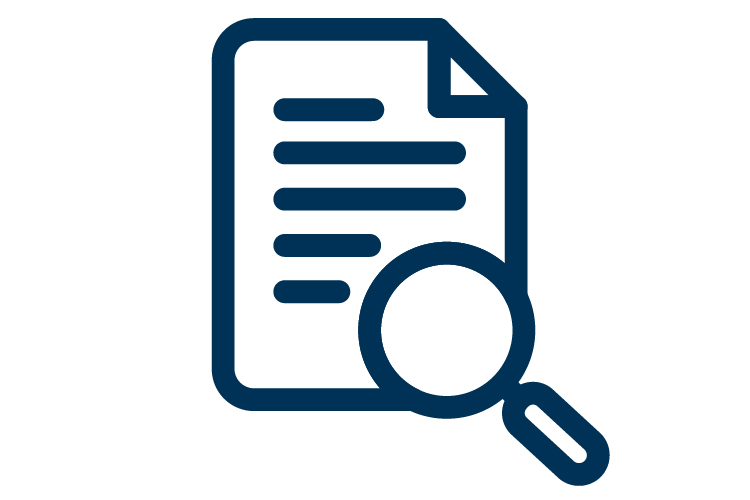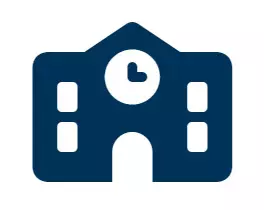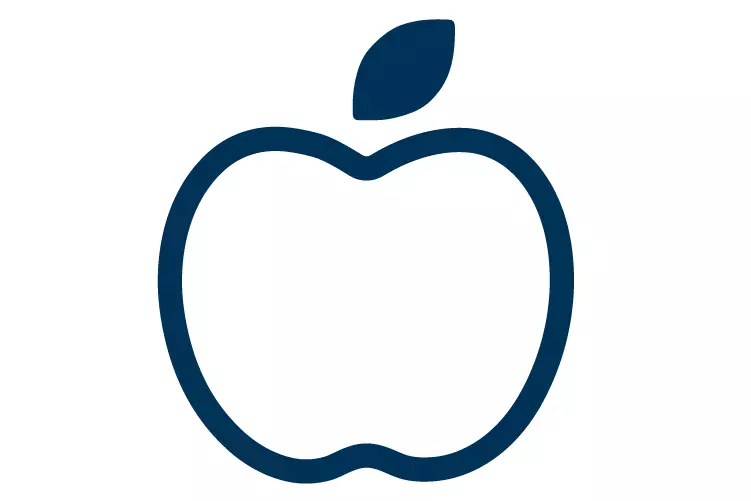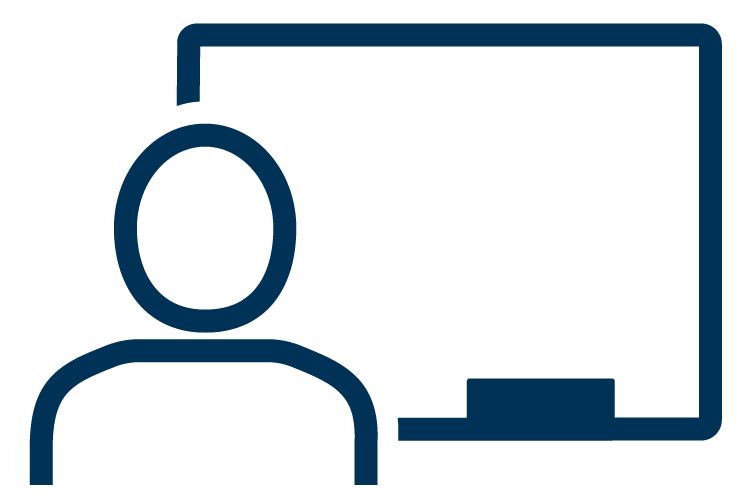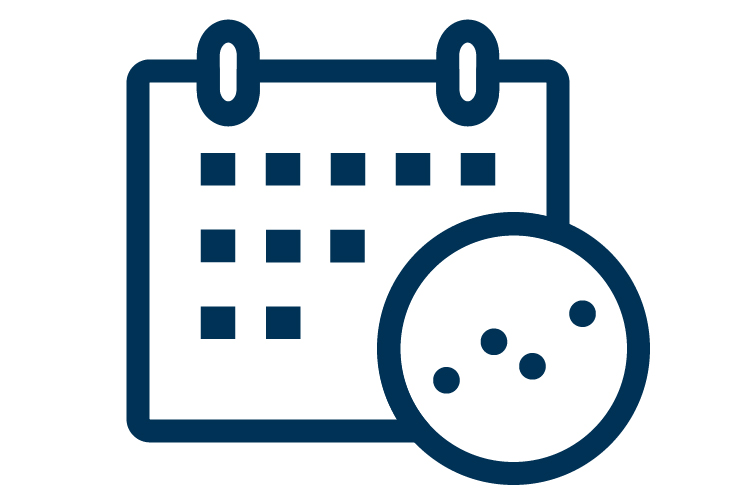How a Group of Community Banks Uses Money Smart to Teach Financial Education
Wintrust Financial Corporation, a Chicago-based group of community banks, has been using the FDIC’s Money Smart products since 2012. Team members have provided one-on-one training and taught classes using the Money Smart financial education curriculums for adults, young people (Pre-K to 8th Grade), small businesses, young adults, and older adults. During 2018, Wintrust conducted more than 1,000 training sessions using Money Smart.
Casandra Slade, Wintrust’s Senior Vice President for Community Development/CRA, said that the Money Smart curriculum has been used “in various ways, including with Chambers of Commerce, schools, churches, nonprofit organizations of all sizes, government programs, one-on-one workshops at the Wintrust branches, employer bank-at-work programs, small business development centers, senior living facilities, libraries and food pantries.”
Slade also highlighted Wintrust’s work with various government offices to help them deliver financial education to specific audiences. “For example,” she said, “we’ve worked with the city of North Chicago to deliver financial education to participants in their Summer Youth Program, and in partnership with the Rolling Meadows Police Department Social Services Division.”
In January of this year, Slade requested that the FDIC provide a train-the-trainer workshop for new members of her team who had not received formal guidance on using the Money Smart program. As a result, the FDIC’s Chicago Community Affairs team received a warm welcome as they trained more than 45 bankers from around Wintrust’s Midwestern footprint, and these new trainers have begun teaching the updated curriculum.
Slade mentioned that the bank’s employees especially liked teaching from Module 1 (Your Money Values and Influences), Module 6 (Credit Reports and Scores), Module 8 (Managing Debt), and Module 12 (Making Housing Decisions). She also mentioned that the updated curriculum is easier to use and more applicable to life situations.
Slade offered these tips for how financial institutions can successfully use Money Smart:
- Introduce the program to all personal bankers and branch managers, and have the materials available at the branch for quick and easy delivery of financial education when needed.
- Develop affordable, entry-level products (such as “second chance” checking accounts for consumers who previously were denied an account because of mismanagement) to go along with the financial education.
- Be flexible in scheduling training. For example, offer sessions on the weekends or in the evenings.
- Consider holding in-branch personalized training between bankers and individual consumers, using relevant tools from Money Smart.
- Try to work with local organizations regularly, such as by partnering with a particular women’s shelter to teach Money Smart on a quarterly basis.
- Have bilingual bank staff co-lead sessions, as needed, in both English and Spanish.
- Download the Money Smart curriculum onto the institution’s internal website for easy access by bank staff. (FDIC staff also suggests adding direct links to each Money Smart product’s page on the FDIC’s website so that organizations can be confident that they are always using the most up-to-date files.)
- Work with the bank’s marketing department to develop eye-catching marketing materials for use by staff in electronic and print versions.
- Establish an internal “facilitator certification” program customized for your financial institution.
FDIC staff also added a final tip: take time to reflect on what went well and what could be improved next time.
Please consider sending a few words on your Money Smart financial education sessions to moneysmartnews@fdic.gov so that we can consider highlighting your programs in a future edition of this newsletter. Please include any tips you may have based on your use of the material. Pictures (ideally ones that don’t show participants’ faces) are also welcome.
See more success stories from Money Smart News.
For help or information on how to use the Money Smart curriculum, contact communityaffairs@fdic.gov.


